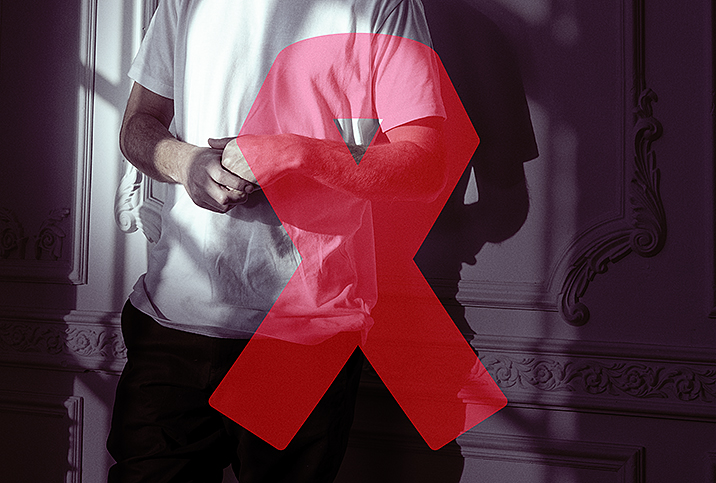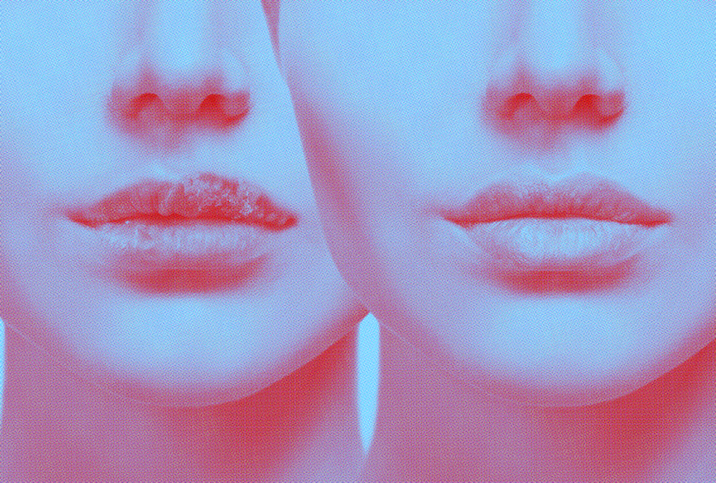Dating Apps and the Obligation to Fight STI Stigma

A lot can change in a year. Take, for example, the same dating app today compared to a year ago. You wouldn't have seen this type of messaging in pre-pandemic times, but now matchmaking apps encourage users to wear masks in public, practice socially distanced dating and even promote vaccination. As more users turn to digital dating, the minds behind the platforms have felt it necessary to incorporate helpful and informative messaging into their mechanics.
So, why haven't they done the same thing with regards to the stigma associated with sexually transmitted diseases?
Instead of doing their part to push back against ignorance and prejudice, many dating apps create space for it, perpetuating the spread of negative conceptions of STD-positive people.
It's quite common to see STD-negative people referred to as "clean," whereas a number of less-flattering terminologies are applied to people who have been diagnosed with an STD. This derogatory use of language does not seem to be regarded as the toxic hate speech it is. Dating apps flag other forms of prejudicial language, as they're defamatory and, in most cases, a violation of the terms of use, but this doesn't seem to extend to remarks about STD status.
Instead, these companies seem more concerned with tracking users' locations and keeping terms of use intentionally vague.
Unacknowledged ignorance breeds undeserved judgment
The risks and realities of living with an STD are often clouded by misinformation, pervasive fear and a sort of dating elitism, which elevates STD-negative partners above people who have tested positive. While dating apps have pivoted to address COVID-19 to stay relevant and competitive, most have done little to nothing to address the ongoing crisis of STIs and STDs in America.
When dating apps do address sexually transmitted conditions, they tend to focus on glorifying STD negativity and, as a result, allow biases and prejudices against people who have received a positive diagnosis.
In fact, certain dating apps have historically pushed back against well-founded criticism; they contribute to the rising numbers of STD diagnoses with efforts to silence those organizations attempting to bring light to the issue. In such cases, dating companies not only alienate people who have struggled with a positive diagnosis, but they censor attempts to educate and inform the public about serious health concerns.
Underwhelming activism
Some dating apps are putting in some level of work, partnering with health departments to funnel users to STD testing services and resources. Dating companies' efforts to advocate for testing and even treatment can be admirable—in a vacuum. When it comes to the larger stigma of STD diagnosis, they still don't make much of a difference.
Whether we're talking about very common sexually transmitted diseases like genital herpes (more than 15 percent of the population ages 14 to 49) or less common conditions such as HIV/AIDS, the need for immediate and widespread education is undeniable. Many people are grossly unaware of the fact that living with an STD does not mean posing a significant risk of transmission to others—this is one of the biggest causes for fear and stigma around such diseases.
It would be incredibly easy for dating apps to spread helpful information and encourage healthy discourse, but so far there's been no emphasis. And while the apps have embraced education with regards to coronavirus as part of their business strategy, STDs and STIs have fallen to the wayside.
Some apps insert advertisements for their paid memberships in between swipes or matches, giving users the opportunity to buy into the platform for the chance at an increase in connections. The same service could be used for public service announcements about sexually transmitted conditions, with information encouraging testing and safer sex practices, information about the ease of treatment for many STDs, and messaging to express how common and normal such conditions are.
Unwelcome online
There do seem to be dating apps specifically oriented toward those individuals with STDs, but this shouldn't have to exist in lieu of a welcoming space on more mainstream platforms. By avoiding the topic altogether, are dating apps like Tinder and Bumble endorsing separation of the dating population between those who have, and those who do not have, a sexually transmitted condition?
Imagine if people who had the flu were expected to only date on an app made specifically for them, with little to no mention of the virus being present elsewhere on similar apps. If this were the case, it would seem like people who had been diagnosed were relegated to the status of second-class citizens, with space saved on the most popular platforms for those fortunate enough to have avoided such an experience.
An unprecedented privilege
If you're interested in dating in the wake of COVID-19, there are few options available to you except online. As such, we need to hold the individuals who profit off such technologies more accountable.
If you are interested in better understanding the reality of living with a sexually transmitted condition, take the time to explore the extensive information available about the subject online. Hopefully the individuals behind dating companies will become willing to do the same.


















